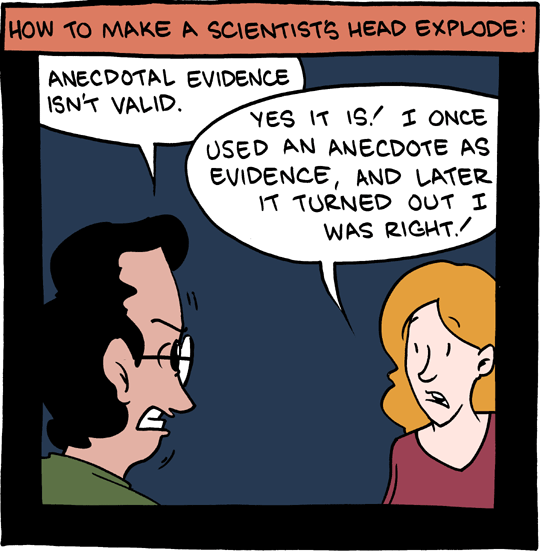01:00 - 20:0020:00 - 00:00
user228700
user228700
user228700
user228700
user228700
user228700
user228700
user228700
user228700
user228700
user228700
user228700
user228700
user228700
user228700
user228700
user228700
user228700
user228700
user228700
user228700
user228700
user228700
user228700
user228700
user228700
user228700
user228700
user228700
user228700
user228700
user228700
user228700
user228700
user228700
user228700
user228700
user228700
user228700
user228700
user228700
user228700
user228700
user228700
user228700
user228700
user228700
user228700
user228700
user228700
user228700
user116211
user116211
user116211
user228700
user228700
01:00 - 20:0020:00 - 00:00










